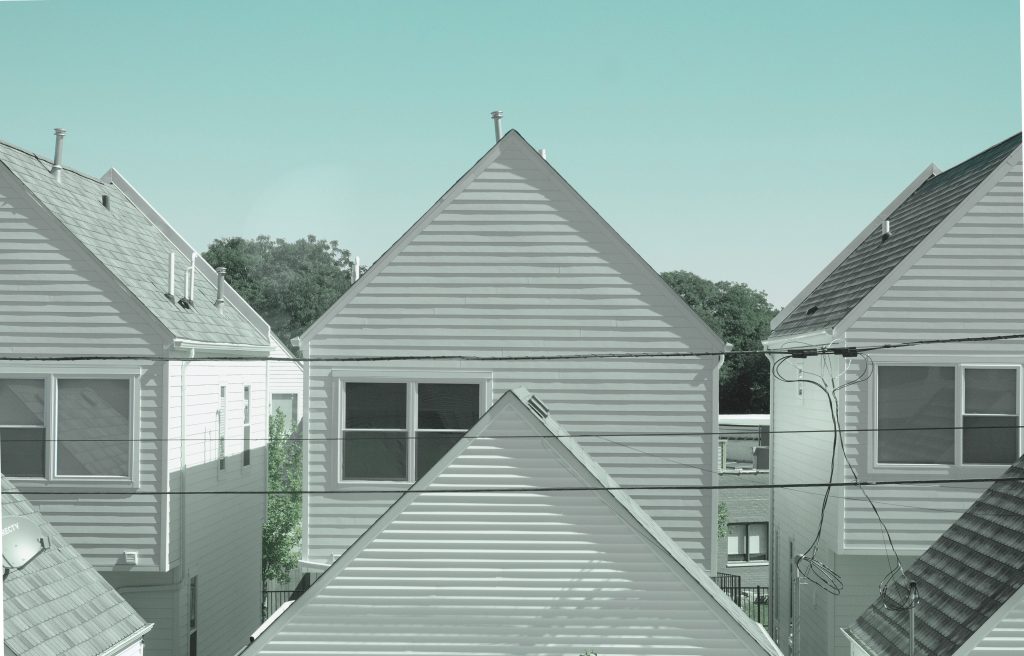
Erasing middle class identity in modern society.
In recent years, the previously referred to ‘middle class’ has been shrinking, shrinking, shrinking. The rising cost of living and salary stagnation have contributed to this, as well as sky-rocketing wages for the upper echelons of the working world. In short, the rich have got richer, and the poor poorer.
This change has happened recently – incredibly recently. It used to be that the descriptor of “middle class” was used as a bit of a put down in certain circles, in response to seemingly frivolous statements made by young people. Now, this has been replaced by the assumption that anyone with any disposable income whatsoever is a member of the 1%.
So, how did this happen?
There has never been a clear and universally accepted definition of the class system. Middle class has been explained in many ways by various sociologists – usually pinpointing the type of work one does (“white-collar” careers, namely corporate management, medical, and legal professions were most commonly associated with this definition) or the amount of money one has in savings. The general public tend to refer more to the lifestyle one lives, or the interests and hobbies one has. Middle class has gained the inescapable association with intellectual pursuits, which widely fall into the bracket of unnecessary, frivolous matters in modern society.
From above, the middle class is seen as part of the “unwashed masses” – the term “social climber” is used in place of the more politically sound “upwardly mobile”. From the perspective of the working class, anyone above them in the societal pecking order is part of the problem, and lumped together with landed aristocracy and millionaire CEOs.
In thinking about the middle class, I always find it fascinating to consider some examples in the sphere of politicians.
Bill Clinton, during his first presidential run, was decried for being “white trash”. Raised alternately by a single mother and his maternal grandparents, Clinton lacked the silver spoon upbringing that characterised so many presidents before him. When he was four, his mother married a man who turned out to be a gambler, an alcoholic, and a habitual abuser of his family. He attended university through scholarships. All of this contributed to the initial image of him within the Democratic Party as a sort of political snake oil salesman, an uppity climber who’d grown too big for his boots – made all the worse, of course, by his equally uppity wife who didn’t know her place. Immediately after he was elected, he became a member of the elusive “elite”. Joe Biden has also undergone quite a change in the public perception department. From folksy layman to member of the establishment, Biden has never quite been able to latch onto an image that is universally popular.
In general, and journalists are absolutely guilty of this, people tend to equate well-connected and successful with wealthy and generationally privileged. And there is, undeniably, a link, but there are exceptions to every rule. Does newfound wealth and social status alone make you upper class? That depends on which view of the class system you subscribe to.
Closer to home, we’ve got Keir Starmer. The son of a nurse and toolmaker, Starmer was the first in his family to graduate from university. He is now constantly derided as being ‘upper-class’, as though that makes him unfit to run the Labour Party. His knighthood was awarded for his services to the legal system in the UK – although he prefers not to use his title. A well-celebrated and lauded lawyer, certainly. But does this really make him upper-class? Or simply a pretty textbook example of upward social mobility, a man who moved into the middle classes through his career?
This may seem like a small issue, and it is important to note that there are far bigger problems in the world. But the lack of understanding and agreement around the status of the middle class has become a sort of political hotspot. Both major parties speak of building a “strong middle class”, but with no consensus as to what this even means, how can anyone ever hope to do so?
Maybe, with a more satisfactory and universal set of class descriptors, a more productive discussion can be undertaken. Until then, the middle class will likely continue to fade into obscurity, a relic of a different past.
Header image by Taylor Wilcox, via Unsplash
